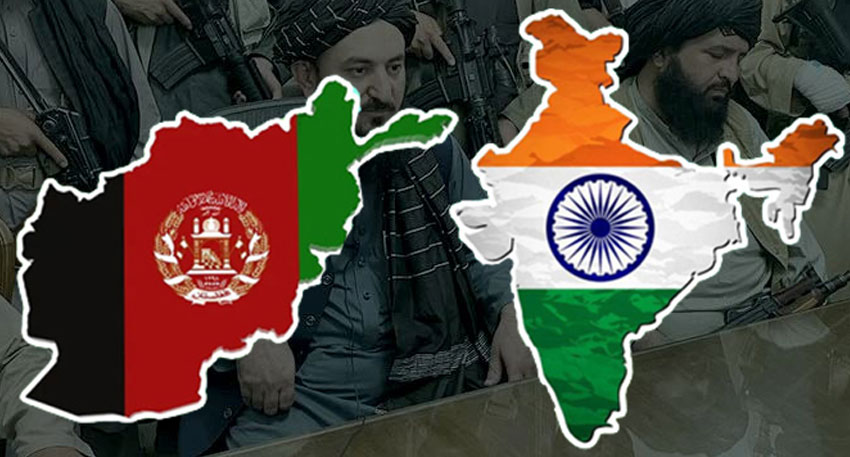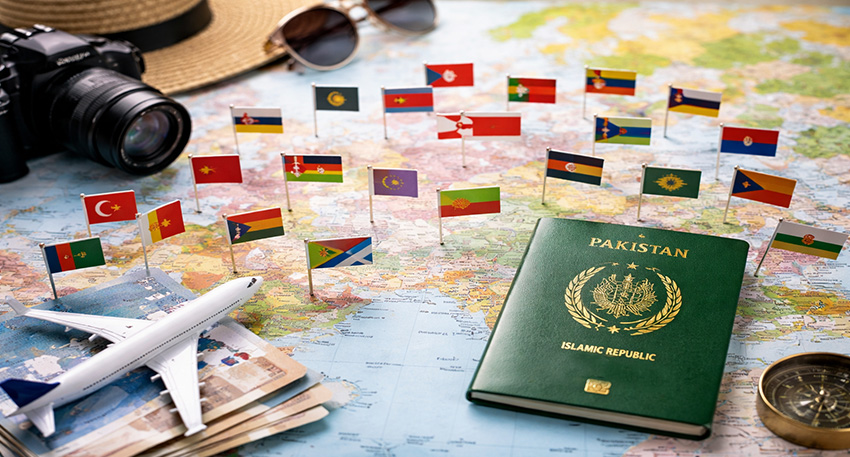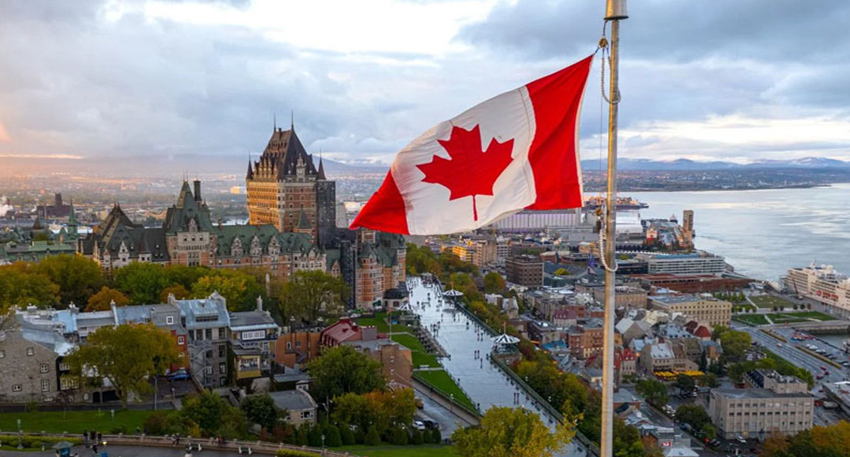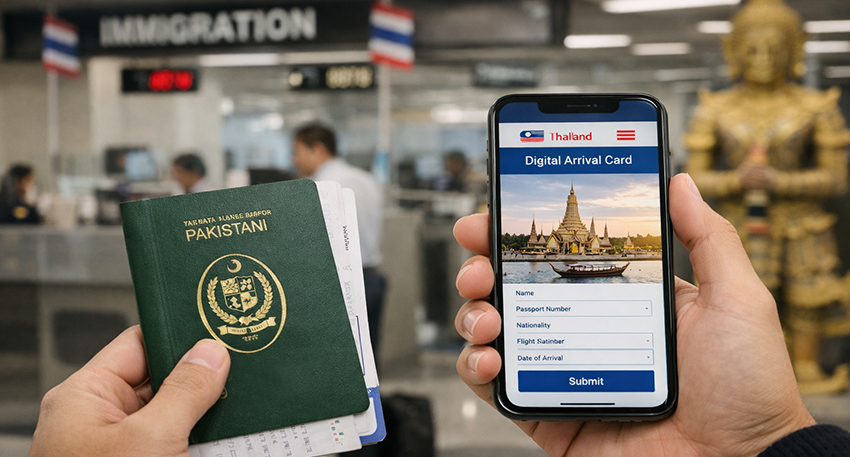
For over two decades, the Taliban framed India as a Hindu “kafir” state meddling in Afghan affairs. Indian consulates were painted as RAW terror hubs, and Kabul was dismissed as India’s puppet. The destruction of the Bamiyan Buddhas was justified as a war against “un-Islamic idols” and Buddhist-Hindu civilization. Today, the same regime is courting India for trade, investment, wheat, dams, and access to ports.
The shift highlights a stark contrast between domestic ideology and foreign pragmatism. While Taliban rhetoric emphasizes Sharia absolutism, restriction on women’s work, and girls’ education, their foreign policy is highly transactional. They negotiate with India—a state they once denounced—for economic support and diplomatic recognition, even bypassing historically Muslim allies like Pakistan when bilateral ties became tense.
Similarly, the Taliban’s anti-West narrative—criticizing global financial systems and interest-based economies—is quietly shelved as they engage India, a key player in global capital networks, to unlock investments and reconstruction aid. Their selective silence on sensitive issues, including Kashmir, anti-Muslim policies in India, or Indian borders, underscores the pragmatic flexibility in pursuit of legitimacy and resources.
Also Read: US Congress report says Pakistan “won a victory” in the four-day conflict
The Taliban’s engagement with India also reflects a broader strategy: they claim not to “beg for recognition,” yet repeated ministerial visits and photo-ops in New Delhi reveal a scramble for de-facto recognition and diplomatic validation. Whereas maximalist positions are maintained with Pakistan on the Durand Line, India’s security and territorial concerns are respected, signaling a transactional, results-driven approach.
Ultimately, the Taliban’s India pivot exposes the gap between ideology and realpolitik. They may use the language of faith, resistance, and anti-India sentiment domestically or regionally, but when it comes to securing economic lifelines, trade corridors, and international legitimacy, the regime acts like any fragile state: forging partnerships with former “enemies” when it suits survival and growth.




